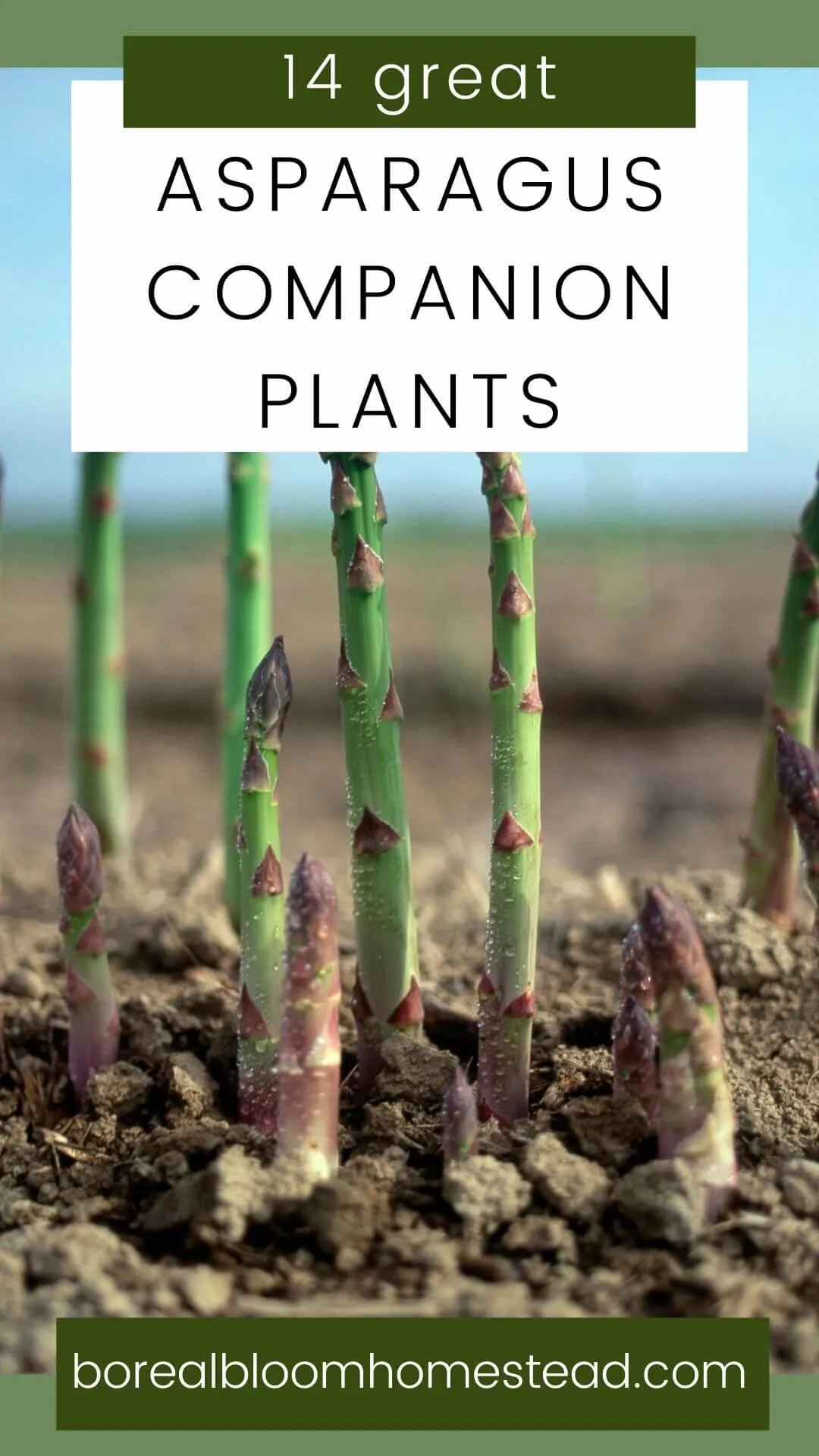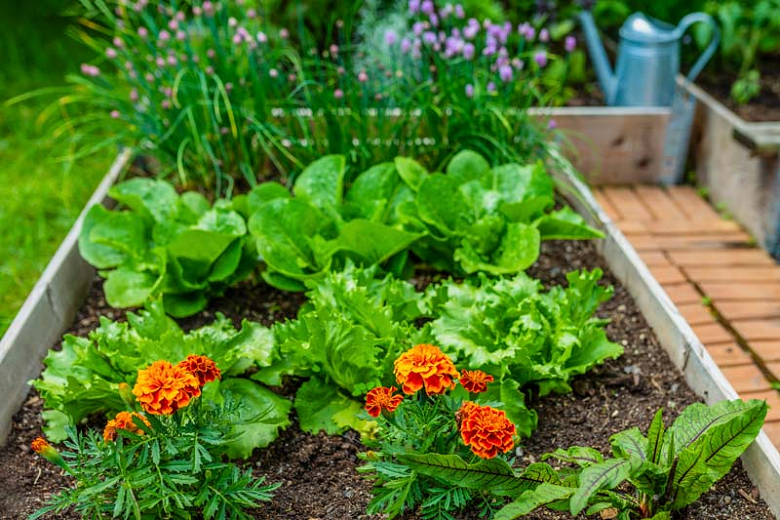Grow Lush Lettuce With The Best Companion Plants
Grow Lush Lettuce with the Best Companion Plants
Lettuce is a popular and versatile vegetable that can be enjoyed in a variety of dishes. It is also relatively easy to grow, making it a great choice for beginner gardeners. However, there are a few things you can do to help your lettuce grow even better. One of the most important things is to choose the right companion plants.
Companion planting is the practice of planting certain plants together in order to benefit each other. There are many different companion plants that can be beneficial for lettuce, but some of the best include:
- Carrots: Carrots help to loosen the soil, which allows lettuce roots to grow more easily. They also attract beneficial insects, such as ladybugs and lacewings, which help to control pests.
- Chives: Chives help to repel aphids, which are a common pest of lettuce. They also add a bit of flavor to lettuce salads.
- Cilantro: Cilantro attracts beneficial insects, such as parasitic wasps and hoverflies, which help to control pests. It also adds a bit of flavor to lettuce salads.
- Marigolds: Marigolds help to repel nematodes, which are a type of soil-dwelling pest that can damage lettuce roots. They also help to improve soil health.
- Nasturtiums: Nasturtiums attract beneficial insects, such as predatory mites and parasitic wasps, which help to control pests. They also deter insect pests, such as beetles and aphids.
In addition to these specific plants, there are a few general principles to keep in mind when choosing companion plants for lettuce. For example, you should avoid planting lettuce near plants that are heavy feeders, such as tomatoes and peppers. This is because lettuce is a light feeder and will not be able to compete for nutrients. You should also avoid planting lettuce near plants that attract the same pests, such as spinach and kale.
By following these tips, you can help your lettuce grow lush and healthy. With the right companion plants, you can also help to protect your lettuce from pests and diseases.
[MAIN CONTENT]
In addition to choosing the right companion plants, there are a few other things you can do to help your lettuce grow well. These include:
- Planting in the right location: Lettuce prefers full sun, but it can also tolerate some shade. If you live in a hot climate, you may want to plant your lettuce in a location that gets some afternoon shade.
- Preparing the soil: Lettuce prefers well-draining soil that is rich in organic matter. Before planting, amend your soil with compost or other organic matter.
- Watering regularly: Lettuce needs to be watered regularly, especially during hot weather. Water your lettuce deeply, but don't overwater it.
- Fertilizing occasionally: Lettuce doesn't need a lot of fertilizer, but you can fertilize it occasionally with a light application of compost tea or fish emulsion.
- Slug and insect control: Lettuce is susceptible to slugs and insects, so it's important to keep an eye out for pests. If you see any pests, you can hand-pick them or use an organic pesticide.
By following these tips, you can help your lettuce grow lush and healthy. With a little care, you'll be enjoying fresh, homegrown lettuce in no time.
[CONCLUSION]
Lettuce is a delicious and versatile vegetable that is easy to grow. By choosing the right companion plants and following some simple tips, you can help your lettuce grow lush and healthy. With a little care, you'll be enjoying fresh, homegrown lettuce in no time.
Lettuce is a delicious and versatile vegetable that can be enjoyed in many different ways. But did you know that there are certain plants that can help your lettuce grow better? These are called companion plants, and they can offer a variety of benefits, such as deterring pests, improving soil health, and attracting beneficial insects.
Some of the best companion plants for lettuce include:
- Carrots: Carrots help to loosen the soil and attract beneficial insects, such as ladybugs and lacewings, which eat aphids.
- Dill: Dill attracts beneficial insects, such as ladybugs and lacewings, which eat aphids. It also improves the health and growth of lettuce.
- Marigolds: Marigolds help to deter pests, such as nematodes and aphids, and can help to improve soil health. They can also be a trap crop for slugs: plant them close to lettuce to keep them safe.
- Nasturtiums: Nasturtiums attract beneficial insects, such as predatory mites and parasitic wasps, and deter insect pests, such as the infamous beetles and aphids.
- Onions and Shallots: Onions help to deter pests, such as aphids, and they discourage rabbits. They also have different root depths, so they don't compete for the same nutrients in the soil.
For more information about the best lettuce companion plants, please visit Gardenia Inspiration. This website has a comprehensive list of companion plants, as well as tips on how to plant them together for the best results.
FAQ of best lettuce companion plants
Question 1: What are the best companion plants for lettuce?
Answer: There are many great companion plants for lettuce, but some of the best include:
- Chives and garlic: These herbs help to deter pests, such as aphids.
- Marigolds: These flowers also repel pests, and they can also attract beneficial insects, such as ladybugs.
- Nasturtiums: These flowers are another good choice for deterring pests, and they can also add a splash of color to your garden.
- Onions and shallots: These vegetables help to improve the flavor of lettuce, and they can also help to repel pests.
- Potatoes: These vegetables can help to suppress weeds, which can help to keep your lettuce plants healthy.
Question 2: What are the benefits of companion planting with lettuce?
Answer: There are many benefits to companion planting with lettuce, including:
- Disease and pest control: Companion plants can help to deter pests and diseases, which can help to keep your lettuce plants healthy.
- Improved flavor: Companion plants can also improve the flavor of lettuce.
- Increased yields: Companion plants can help to increase the yields of lettuce.
- Enhanced beauty: Companion plants can add beauty to your garden.
Question 3: What are some plants that should not be planted near lettuce?
Answer: There are a few plants that should not be planted near lettuce, including:
- Beans: Beans can compete with lettuce for nutrients.
- Cucumbers: Cucumbers can attract pests that also target lettuce.
- Peas: Peas can release chemicals that can stunt the growth of lettuce.
- Spinach: Spinach can shade out lettuce.
- Tomatoes: Tomatoes can attract pests that also target lettuce.
Question 4: How far apart should lettuce and its companion plants be planted?
Answer: The exact spacing requirements for lettuce and its companion plants will vary depending on the specific plants involved. However, as a general rule of thumb, you should space lettuce plants about 6 inches apart and companion plants about 12 inches apart.
Question 5: What are some tips for companion planting with lettuce?
Answer: Here are a few tips for companion planting with lettuce:
- Do your research: Before you plant any companion plants with lettuce, be sure to do your research to make sure that they are compatible.
- Pay attention to the sun: Some companion plants, such as marigolds, need full sun, while others, such as chives, prefer partial shade. Be sure to plant your companion plants in the right location so that they will get the amount of sun they need.
- Water regularly: Lettuce and its companion plants need regular watering, especially during hot weather.
- Fertilize as needed: Lettuce and its companion plants may need to be fertilized occasionally, especially if the soil is poor.
Image of best lettuce companion plants
- Asparagus. Asparagus is a good companion plant for lettuce because it helps to deter pests. The asparagus fern's strong smell can repel insects like aphids, cabbage moths, and spider mites.

- Carrots. Carrots and lettuce are both members of the Apiaceae family, so they benefit from being planted together. They help to improve each other's growth and flavor.

- Calendula. Calendula is a flowering plant that is often used as a companion plant for lettuce. It helps to repel pests and attract beneficial insects.

- Chervil. Chervil is a herb that is often used in salads. It is a good companion plant for lettuce because it helps to deter pests and improve the flavor of the lettuce.

- Chives. Chives are a herb that is often used in cooking. They are a good companion plant for lettuce because they help to deter pests and improve the flavor of the lettuce.

Post a Comment for "Grow Lush Lettuce With The Best Companion Plants"